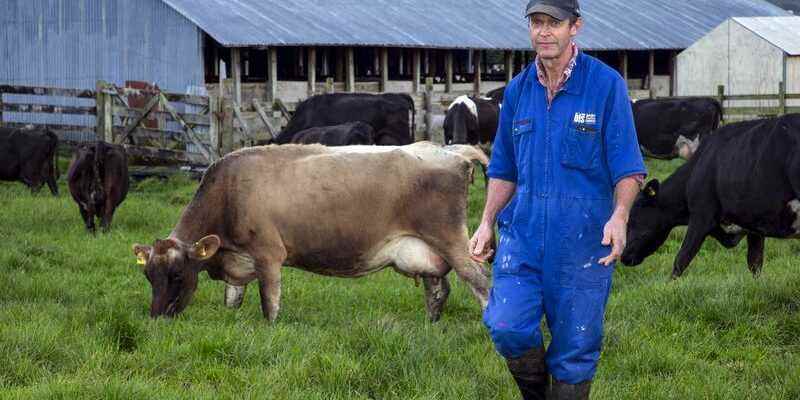The deal, under negotiation since mid-2018, will remove tariffs on a wide range of products and will be the first to be struck by the EU to include potential penalties for breaches of environmental or labor standards. (nL8N2YH52B)
Tariffs will drop for EU exports such as clothing, chemicals, pharmaceuticals and cars, as well as wine and confectionery. The EU will increase its New Zealand beef quota by 10,000 tonnes, a sensitive area for France in particular, and will also increase volumes for lamb, butter and cheese.
The New Zealand government has said the deal brings tangible gains in a tight agricultural market.
But New Zealand’s meat and dairy sectors say it has very little impact on them.
Simon Tucker, trade director at dairy giant Fonterra, said in a statement that the results for dairy products were very disappointing and reflected the degree of protectionism affecting dairy trade globally.
Mr. Tucker said the new trade opportunities arising from the FTA for dairy products remained limited compared to the relative size of the market.
Sirma Karapeeva, chief executive of the Meat Industry Association, added in a separate statement that the FTA does not provide commercially meaningful access for meat exporters.
“With increased volatility in global markets, diversification is important, and a high quality FTA with the EU was essential to help us achieve this,” she said.
New Zealand agricultural exporters have long struggled to gain good market access and analysts say the result should not have come as a big surprise.
“Negotiating a deal with one of the world’s most protectionist economic blocs has always been difficult and the benefits to New Zealand society as a whole are modest,” said Nathan Penny, Westpac’s senior agricultural economist.
He added that small New Zealand exporters, such as companies in the kiwi fruit, apple, wine, manuka honey and seafood sectors, will see their tariffs eliminated.
